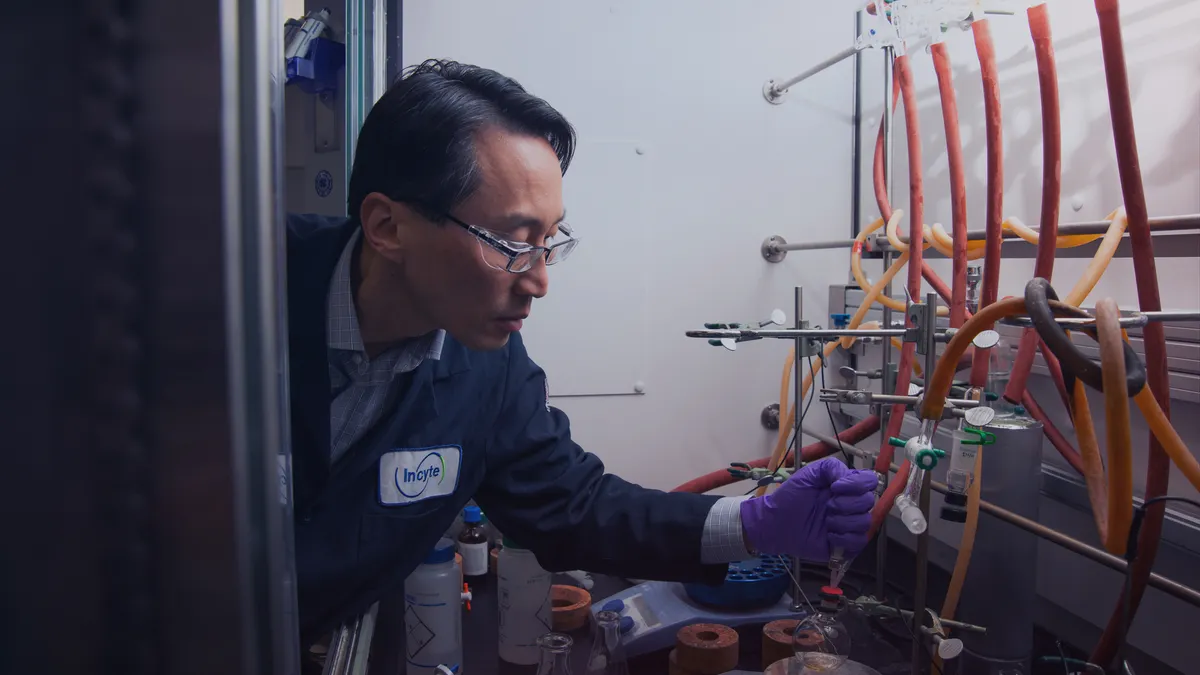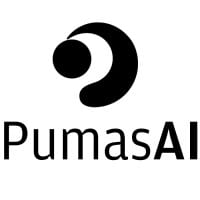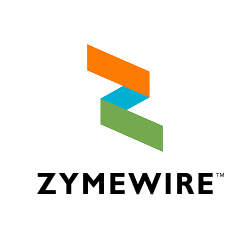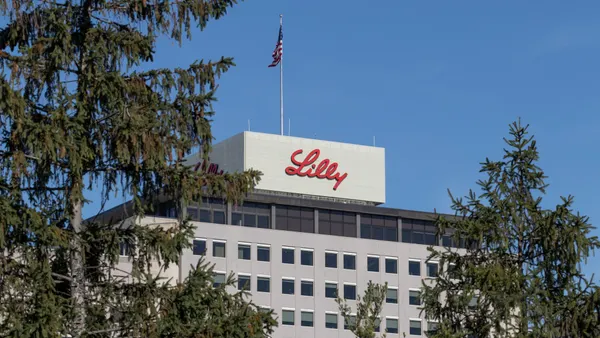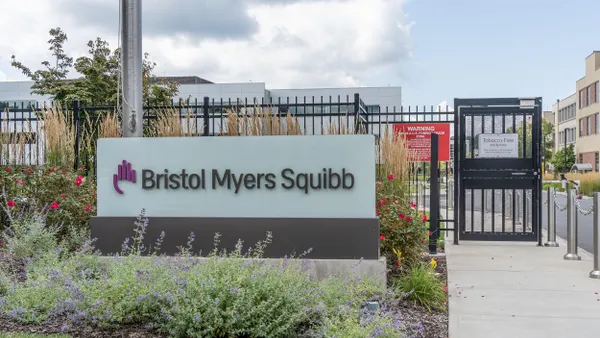Dive Brief:
- Incyte has named veteran pharmaceutical executive Bill Meury as its new CEO, replacing longtime head Hervé Hoppenot, who led the cancer and blood disease drugmaker for the past 11 years.
- Meury, whose appointment is effective immediately, previously ran Anthos Therapeutics, which he sold this year to Novartis for nearly $1 billion, and Karuna Therapeutics, which Bristol Myers Squibb bought for $14 billion in 2023. Prior to those posts, Meury was chief commercial officer at Allergan.
- Hoppenot will remain on Incyte’s board of directors through the end of this year to aid Meury’s transition into the CEO role. Alongside the succession, Julian Baker, managing partner of biotechnology investor Baker Bros. Advisors and lead independent director for Incyte, was elected board chair.
Dive Insight:
Much of Hoppenot’s time at Incyte focused on what he once described as “single asset syndrome.” The company has had a good deal of success with Jakafi, a multipurpose drug approved to treat rare blood cancers and graft-versus-host disease. Last year, Jakafi brought in nearly $2.8 billion in sales.
But Jakafi’s main patents expire in 2028, a date that for years now has been on investors’ radar as they’ve pressed Incyte on what it expects will take the drug’s place.
Early in Hoppenot’s tenure, the answer looked like a cancer medicine called epacadostat, which Incyte believed could become a cornerstone of immunotherapy combinations. However, it flamed out in testing in 2018 and Incyte was forced to pivot research toward other candidates.
Since then, Incyte has had some success building out its portfolio. The company now owns six other approved drugs, including a cream formulation of Jakafi’s main ingredient that’s proved useful treating atopic dermatitis and vitiligo.
“Hervé joined Incyte in 2014 when it was a single product, U.S.-only company,” said board member Baker, in a statement. “During Hervé’s tenure, Incyte launched six novel medicines plus two new indications for Jakafi, expanded commercial operations into Europe, Japan and Canada and grew revenues from $355 million dollars in 2013 to $4.2 billion today.”
However, Incyte’s other drugs don’t make it much money. Jakafi and the cream formulation of the drug Incyte sells as Opzelura accounted for 91% of net product revenues last year. (The company also earned nearly $600 million in royalty revenues.)
Stephen Willey, an analyst at Stifel, gives Hoppenot credit for increasing Incyte revenues by more than 10 times during his time as CEO. But, in a Thursday note to clients, he added that some investors grew frustrated with the company’s high research and development spending without a clear post-Jakafi plan.
Shaping those plans will now fall to Meury, who gained industry visibility by guiding his prior two companies to lucrative acquisitions.
“We expect the immediate reaction from investors will be an expectation that [Incyte] could now become an M&A target, simply because Mr. Meury sold Anthos ... and sold [Karuna],” wrote RBC Capital Markets analyst Brian Abrahams, in a note to clients.
Shares in Incyte, which have fallen by 30% over the past five years, rose by more than 4% in Thursday morning trading on the CEO news.
“It has been a privilege to lead Incyte over the past eleven years,” Hoppenot said in the company’s statement. “I am proud to retire at a time when Incyte has the strongest management team, internal R&D pipeline and commercial portfolio ever.”
Incyte expects multiple pivotal trial readouts this year, along with proof-of-concept data for several pipeline candidates.



